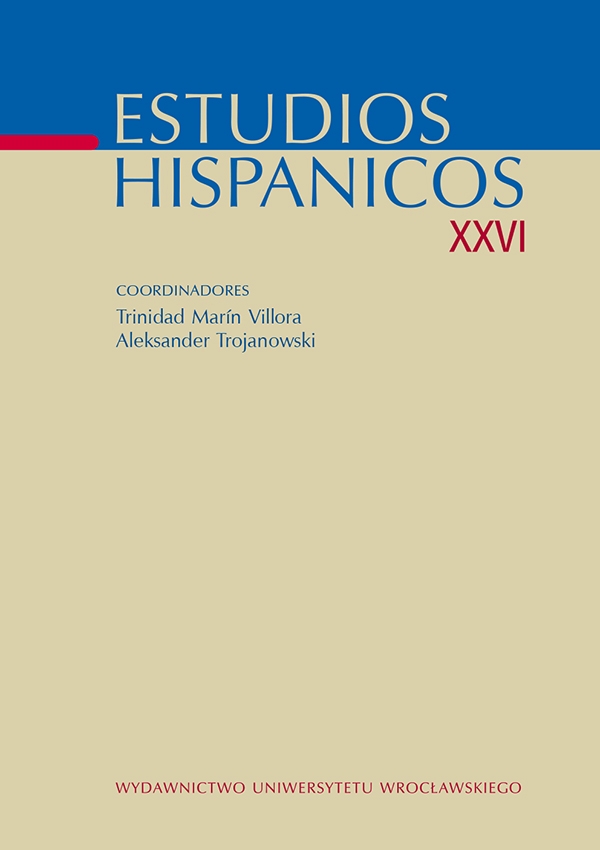

Varia

Irresolutions in the Poetry of Manuel Gutiérrez Nájera
Literary Existentialism, due to its contemporaneity, calls for a synchronized analysis in its Hispanic American variant since it is often interpreted from a peripheral perspective. That is to say, to speak of a Hispanic American Existentialism requires an examination of the literary production of the latter period of nineteenth century modernismo. The central idea of this article is to continue documenting the imprint of modernismo in the Existentialism canon by using a poetic voice that addresses the problems of being in the world, in other words, a testament to the axiological breakdown vis-à-vis the symptoms of modernity. In this article, I offer some commentaries on the anthropocentric disposition of a leading figure of Hispanic American poetic modernity, Manuel Gutiérrez Nájera, focusing on the most impressionistic moments of this epistemological issue. I turn to introspective poems that consider human solitude. This theme, centered on the problem of commitment and the pursuit of purpose in life, is more accurately termed protoexistentialism of the nineteenth century.